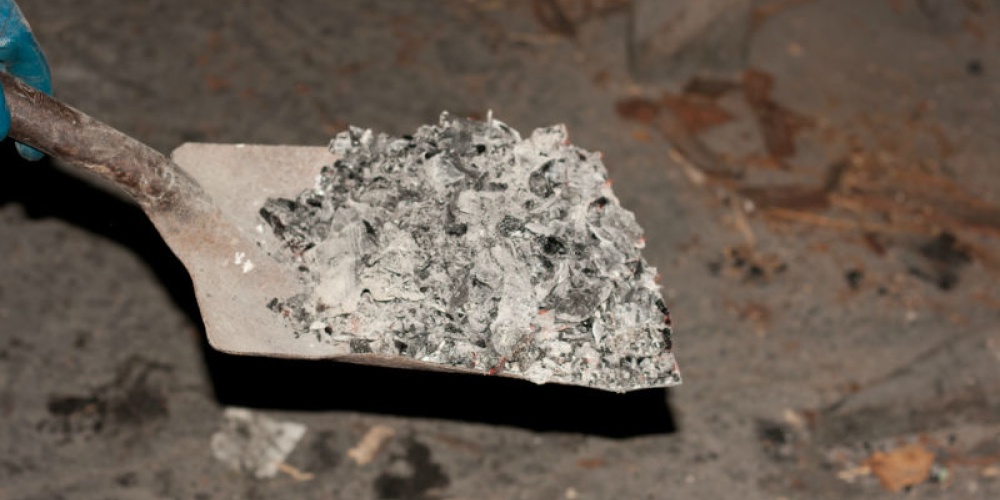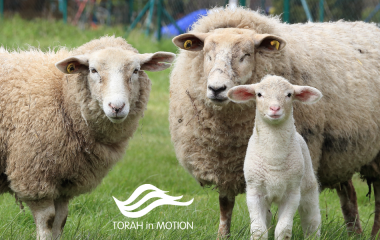
The importance of "blue collar work" is, of course, not a new notion and was well accepted by our Sages. "Flee carcasses in the marketplace, and do not take from charity" (Pesachim 113a), they said. No honest work is menial or “beneath us”. It is thus no coincidence that some of our greatest sages were not only doctors but blacksmiths, winemakers, and carpenters.
The importance of "menial" work is underscored at the opening of this week's parsha. The Torah tells us that the first mitzvah performed each and every day in the Beit Hamikdash was that of Terumath Hadeshen--the cleaning of the ashes that had accumulated due to the constantly burning fires of the altars. "Janitorial work" thus was the fulfillment of the Divine will. Setting up chairs, taking out the garbage, and sweeping the floors in order to beautify our own Mikdashei Me'at (miniature sanctuary, our shuls) is transformed into a mitzvah.
The Mishnah in Yoma records that even though the Terumat Hadeshen was performed at the crack of dawn, the kohanim vied for the privilege of cleaning the altar. In fact, a lottery system was eventually instituted in order to fairly distribute this honour. Unfortunately, on one occasion, a kohen was actually murdered while attempting to perform this mitzvah because of another’s intense jealousy. While it is desirable to be zealous in one’s religious observance, there is no greater danger than that of misplaced religious fervour.
His help was all the more remarkable when we consider the fact that our Sages note that deep down, Moshe wanted the priesthood for himself. The Chumash alludes to this in verse 23, where we have only one of four shalshelets in the Chumash. This liturgical note symbolizes hesitation, as is evident when we hear it. Moshe was not really sure he wanted to continue preparing Aaron for the priesthood. However, he did not let his personal feelings stand in the way of performing his duty.



